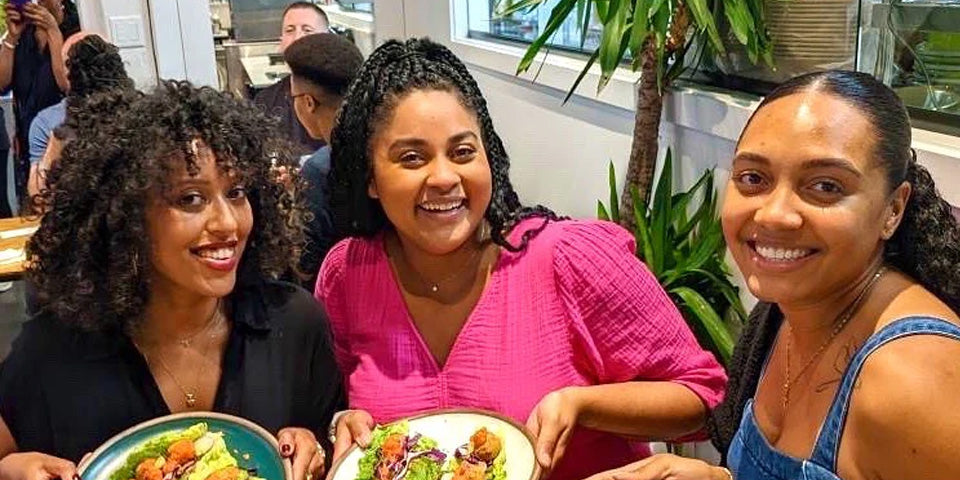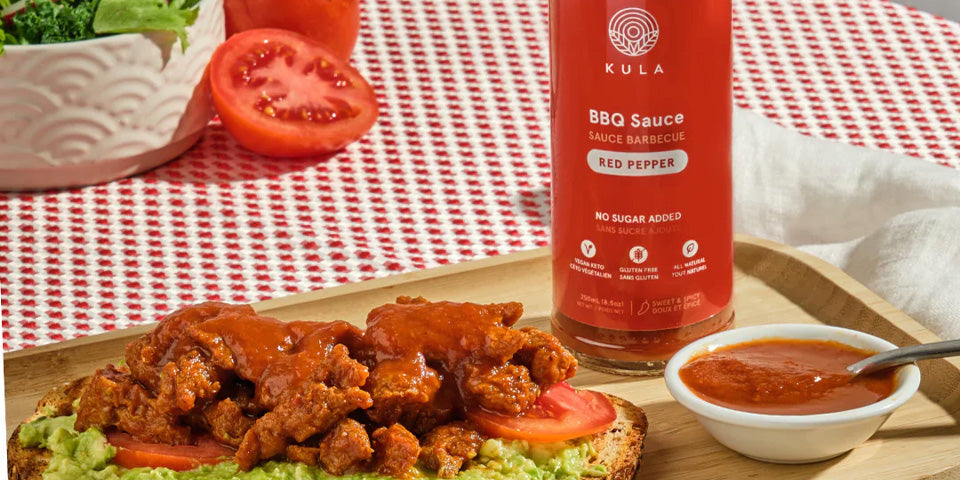Imagine a vibrant community gathering where the tantalizing aroma of diverse cuisines fills the air. Laughter, conversation, and the clinking of cutlery create a symphony of togetherness. In this blog, we will explore the profound significance of food in building community, fostering connections, and nurturing a sense of belonging.
1. The Social Significance of Sharing Meals: Throughout history, breaking bread together has been an essential aspect of human interaction. Across cultures, communal dining rituals have provided a platform for connection, celebration, and cultural exchange. From the family dinner table to festive feasts, food serves as a catalyst for meaningful conversations, storytelling, and the forging of lasting relationships.
2. Breaking Barriers and Bridging Divides: Food has an incredible power to transcend boundaries. Regardless of cultural, social, or economic differences, a shared meal can bridge gaps and foster understanding. Food festivals, potlucks, and the exploration of multicultural cuisines create an atmosphere of unity, celebrating diversity while emphasizing our shared humanity.
3. Community Gardens and Sustainable Food Practices: In recent years, community gardens have emerged as thriving hubs of community engagement. These green spaces not only cultivate fresh produce but also cultivate connections among residents. By promoting sustainable food practices, community gardens foster a sense of environmental stewardship and empower communities to take control of their own food sources.
4. Food-Based Community Outreach Programs: Food banks, soup kitchens, and community kitchens play a vital role in addressing food insecurity. These initiatives not only provide nourishment to those in need but also create spaces of support and dignity. Through volunteer efforts and grassroots initiatives, individuals and organizations are transforming lives, one meal at a time, and uplifting marginalized communities. See what Food Stash is up to – they are a great example of the impact of Food-Based Community Outreach.
5. Culinary Education and Skill Sharing: Culinary education is a powerful tool for building community resilience and self-sufficiency. Cooking classes, workshops, and food entrepreneurship programs empower individuals to develop skills, boost their confidence, and become agents of change within their communities. Through the sharing of culinary knowledge, individuals create a ripple effect, inspiring others to explore their own culinary passions. See what Chop It Up – plant-based cooking classes and podcast to explore global food stories in our community – has been up to!
Food is much more than sustenance; it is the thread that weaves communities together. From shared meals that spark conversations to community gardens and food-based outreach programs, the impact of food on building connections and fostering a sense of belonging cannot be overstated. Let’s Kula together and embrace the power of food to nourish not only our bodies but also our connections, creating stronger, more inclusive communities that thrive on the shared experience of breaking bread together.



